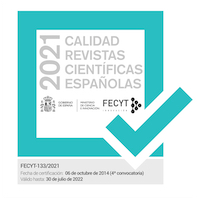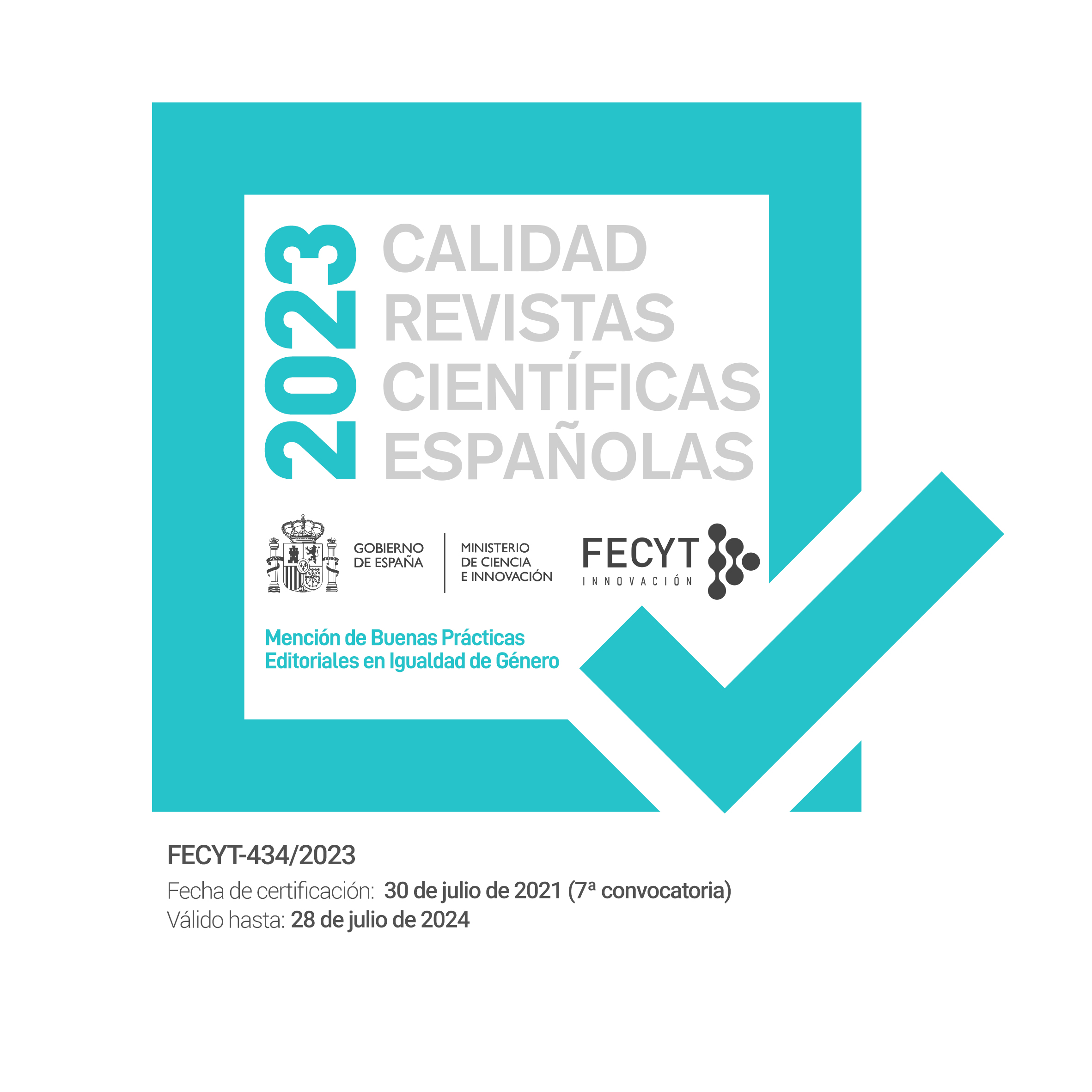Canon Law and knighthood appointment in modern times
Keywords:
knighthood, Canon Law, order of knighthood, royal family, fons honorumAbstract
Legal debates on the deposed sovereigns’ rights have emerged again in the 20th century. Among them, the right to appoint knights by heads of deposed royal families has been one of the focal points. The author begins with a comprehensive review of legal debates on the subject to provide readers with an up-to-date understanding on this developing topic. Six major views on the appointment are extracted from the review. Then, a new interpretation is proposed, wherein the legitimacy to confer honours and the legitimacy of the orders of knighthood themselves have to be considered separately. Under this method of interpretation, the criterion to judge the legitimacy of an appointment of knight is both the jus honorum of the head of the family and the order of knighthood itself being legitimate.
Keywords: knighthood; Canon Law; order of knighthood; royal family; fons honorum.
References
Baca, Stephen P. Kerr y. "Resolution of Monarchical Successions under International Law: Succession of Hrh Prince Ranier to the Chiefship of the Royal House of the Two Sicilies." The Augustan 76 (1975): 1-32.
Beal, John P. New Commentary on the Code of Canon Law. New York, 2000.
Boyle, Elizabeth Heger. "The Catholic Church and International Law." Annual Review of Law and Social Science 13 (2017): 395-411.
Bull, Hedley. "International Law and International Order." International Organization 3 (1972): 583-588.
Burke, Bernard. The Book of Orders of Knighthood and Decorations of Honour of All Nations. New York, 1858.
Butculescu, Claudiu Ramon D. "Prolegomena to the Study of Heraldic Insignia: From the Medieval Coat of Arms (Xiv-Xvi Century) to the Heraldic Insignia of Institutions and Societies in Contemporary Law. Evolution, Legal Regime, Effects, Legal Protection, Prohibitions." Diversity and Interdisciplinarity in Business Law (2017): 11-18.
Cardinale, Hyginus Eugine. Orders of Knighthood, Awards and the Holy See. Buckinghamshire, 1984.
Constable, Giles. Three Studies in Medieval Religious and Social Thought. Cambridge, 1995.
Cox, Noel. "The Office of the Chief Herald of Ireland and Continuity of Legal Authority." Dublin ULJ 29 (2007): 84.
Cox, Noel. "The Principles of International Law Governing the Sovereign Authority for the Creation and Administration of Orders of Chivalry." Féil-Scríbhinn Liam Mhic Alasdair – Essays Presented to Liam Mac Alasdair, FGSI (2009): 15-25.
Cox, Noel. "The Sovereign Authority for the Creation of Orders of Chivalry." Journal of the Heraldry Society of Southern Africa 2 (2009): 317-329.
Cumbo, Horace F. "The Holy See and International Law." The International Law Quarterly 4 (1948): 603-620.
De Becker, Alexander. "The Legal Status of Public Employees or Public Servants: Comparing the Regulatory Frameworks in the United Kingdom, France, Belgium, and the Netherlands." Comp. Lab. L. & Pol'y J. 32 (2010): 949.
Dellavalle, Sergio. "On Sovereignty, Legitimacy, and Solidarity Or: How Can a Solidaristic Idea of Legitimate Sovereignty Be Justified?" Theoretical Inquiries in Law 2 (2015): 367-398.
Duby, Georges and Arthur Goldhammer. The Three Orders: Feudal Society Imagined. Chicago, 1980.
Duren, Peter Bander Van. The Pontifical, Religious and Secularised Catholic-Founded Orders and Their Relationshop to the Apostolic See. United Kingdom, 1995.
Furno, Emilio. "Qrdini Equestri Non Nazionali. - Art. 7 Legge 3 Marzo 1951, N. 178." Rivista Penale 1 (1961): 46-70.
Gautier, Leon. La Chevalerie. París, 1884.
Glanville, Luke. Sovereignty and the Responsibility to Protect: A New History. Chicago, 2013.
Gregory XIII. Papal Bull: Pro Commissa Nobis. The Holy See, 1572.
Hall, John C. "International Law: Power of Government-in-Exile to Enact Valid Legislation." Michigan Law Review 5 (1954): 753-756.
Hoegen Dijkhof, Hendrik Johannes. The Legitimacy of Orders of St. John: A Historical and Legal Analysis and Case Study of a Para-Religious Phenomenon. Amsterdam, 2006.
International Commission for Orders of Chivalry. "Register of Orders of Chicalry." International Commission for Orders of Chivalry, 2016.
Joerges, Christian. "On the Legitimacy of Europeanising Private Law: Considerations on a Justice-Making Law for the Eu Multi-Level System." Electron J Comp Law 3 (2003).
Kunz, Josef L. "The Status of the Holy See in International Law." American Journal of International Law 2 (1952): 308-314.
Lawrence-Archer, Major J. H. The Orders of Chivalry - English and Foreign. United Kingdom, 1887.
Martínez, Hugo Tagle. "Ius Sufragii Y Ius Honorum." Revista Chilena de Derecho 20 (1993): 345-352.
Metz, Rene. L'eglise a Ses Lois (Le Droit Canon). París, 1959.
Ossewaarde, Marinus RR. "Three Rival Versions of Political Enquiry: Althusius and the Concept of Sphere Sovereignty." The monist 1 (2007): 106-125.
Sinha, S Prakash. "The Anthropocentric Theory of International Law as a Basis for Human Rights." Case W. Res. J. Int'l L. 10 (1978): 469.
Talmon, Stefan. "Who Is a Legitimate Government in Exile? Towards Normative Criteria for Governmental Legitimacy in International Law." The Reality of International Law. Essays in Honour of Ian Brownlie. Oxford University Press, Oxford (1999): 499-537.
Vatter, Miguel. "Republicanism or Modern Natural Right? The Question of the Origins of Modern Representative Democracy and the Political Thought of Giuseppe Duso." CR: The New Centennial Review 2 (2010): 99-120.
Weinert, Matthew S. Democratic Sovereignty: Authority, Legitimacy, and State in a Globalizing Age. Routledge, 2007.









